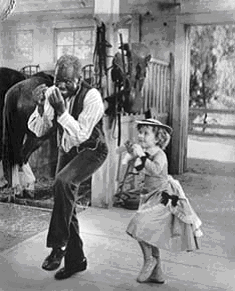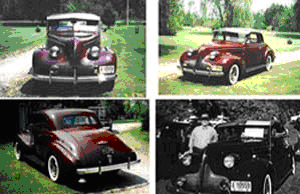I. Transition: Descartes and Austen to
Morrison
► If Austen can be said to have "epistemological
confidence," what would we say about Descartes? and Morrison?
II. Thesis:
Thinking with Morrison requires readers to think through the body.
A. Is there any bodily-related material
that cannot be included in The Bluest Eye?
1. Fictional function of "Nu Nile Hair
Oil," "Black Draught Laxitive," "Alaga syrup," "Vicks salve," and "castor
oil"
And what about "puke," "toe-jam,"
"ministratin" blood, "snot," "groins," "whiskey ass," "three pennies . .
. slipping back and forth between the sock and the inner sole"?
2. Consider "ministratin": Approximately half the primate population has
this experience for a significant portion of adolescent and adult life.
a) Why is this issue brought up under
the rubric of "thinking"?
b)What part of this story must be excluded
if menstruation can't be mentioned (27-32)?
B. Embodiment
is the condition for existence.
1. The body creates the conditions for consciousness.
"a silhouette of warmth" (11)
2. The
body imposes experience: "'Please make me disappear.' She squeezed her eyes
shut. Little parts of her body faded away . . . . Only her tight, tight
eyes were left. They were always left" (45). (Compare with Descartes.)
3. Getting clear on embodiment: China, Poland, & Miss Marie
4. Allowing the body as little as possible: the thin brown girls (81 ff.)
C.
Layers of knowledge
1. Teenaged boys feeling "their groins
. . . flicked the ashes from their cigarettes too quickly too often, and
exposed themselves" (34). Gesture as an epistemological give-away.
2. Embodiment does not guarantee sociality:
Isolated "cell[s] of consciousness" (34).
III. Morrison and "epistemological
confidence"
A.
Resilient, competent, and well-spoken children
B. Differing styles of narration
III.
Portability:
►Could Morrison's level of detail about
bodily experience be transported to the work of Austen or Descartes?
►What would happen?
►What do we learn by asking this question?
|


